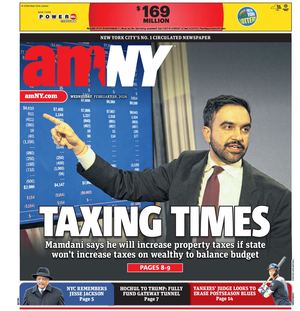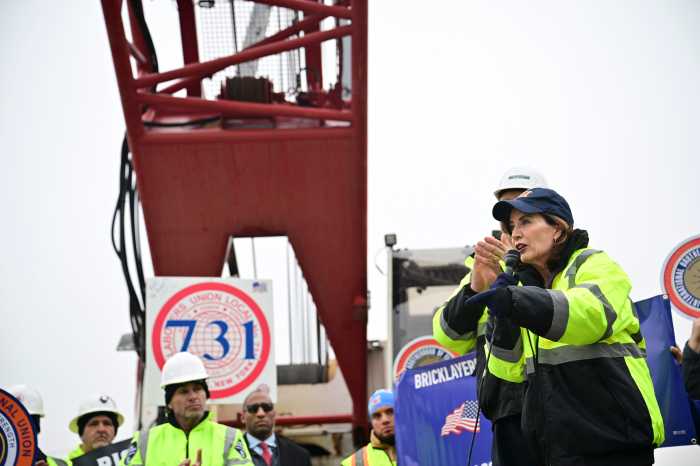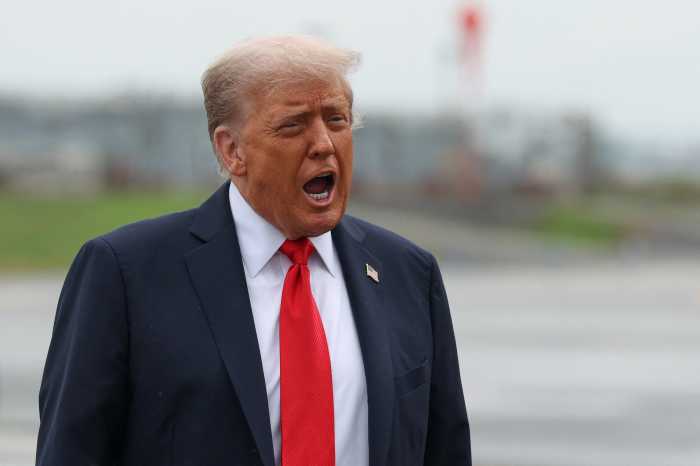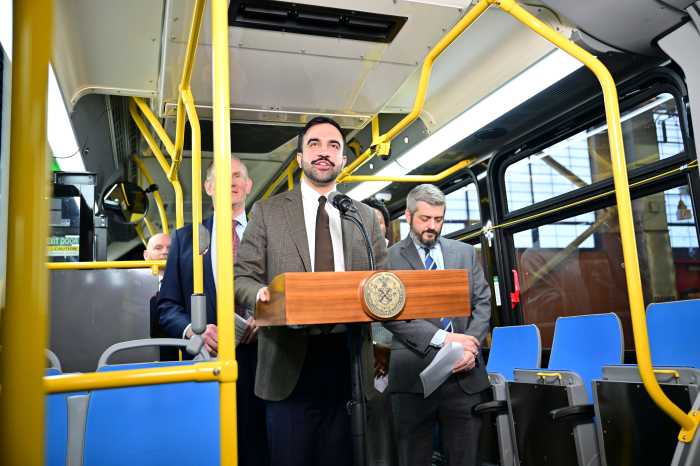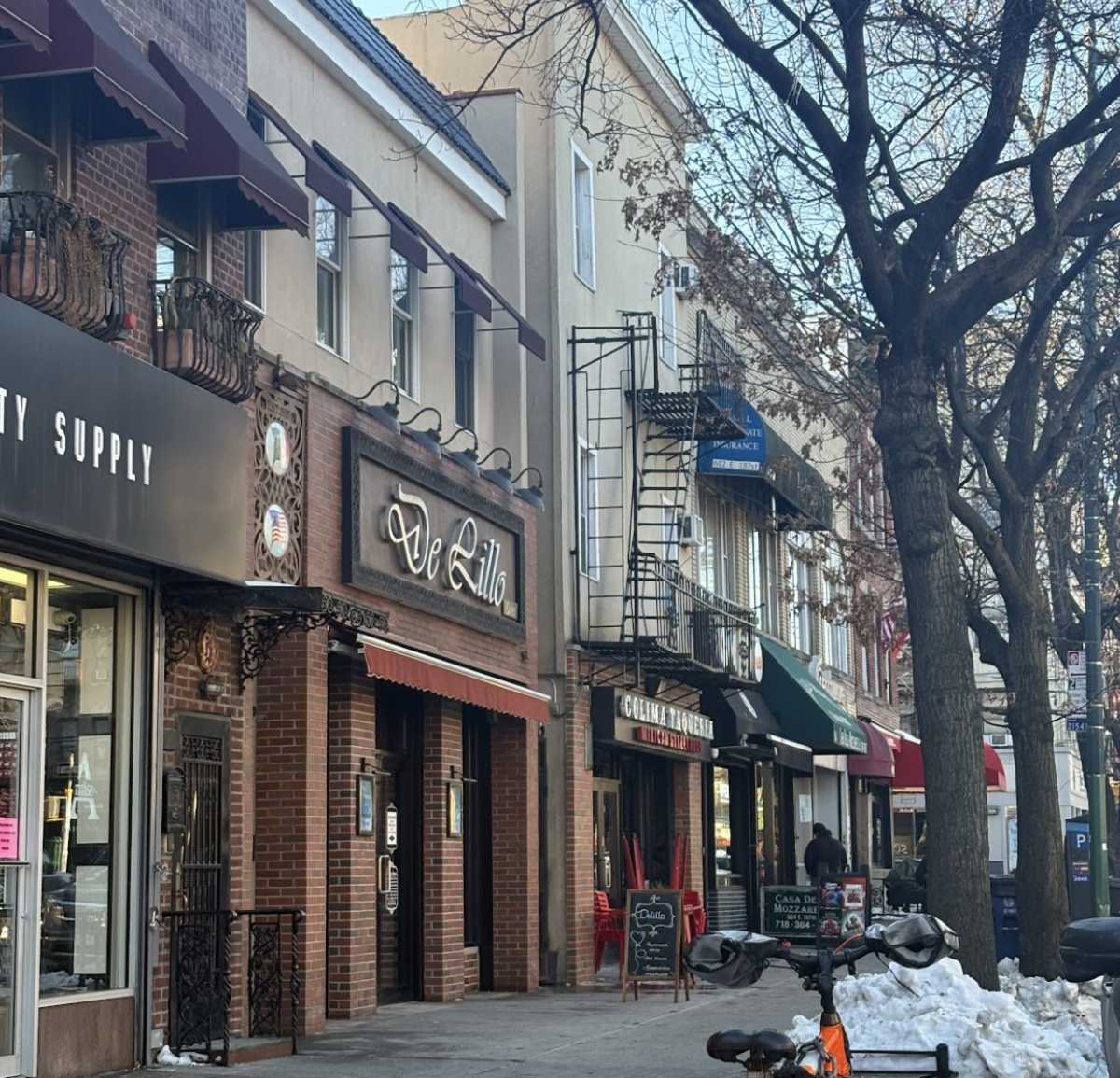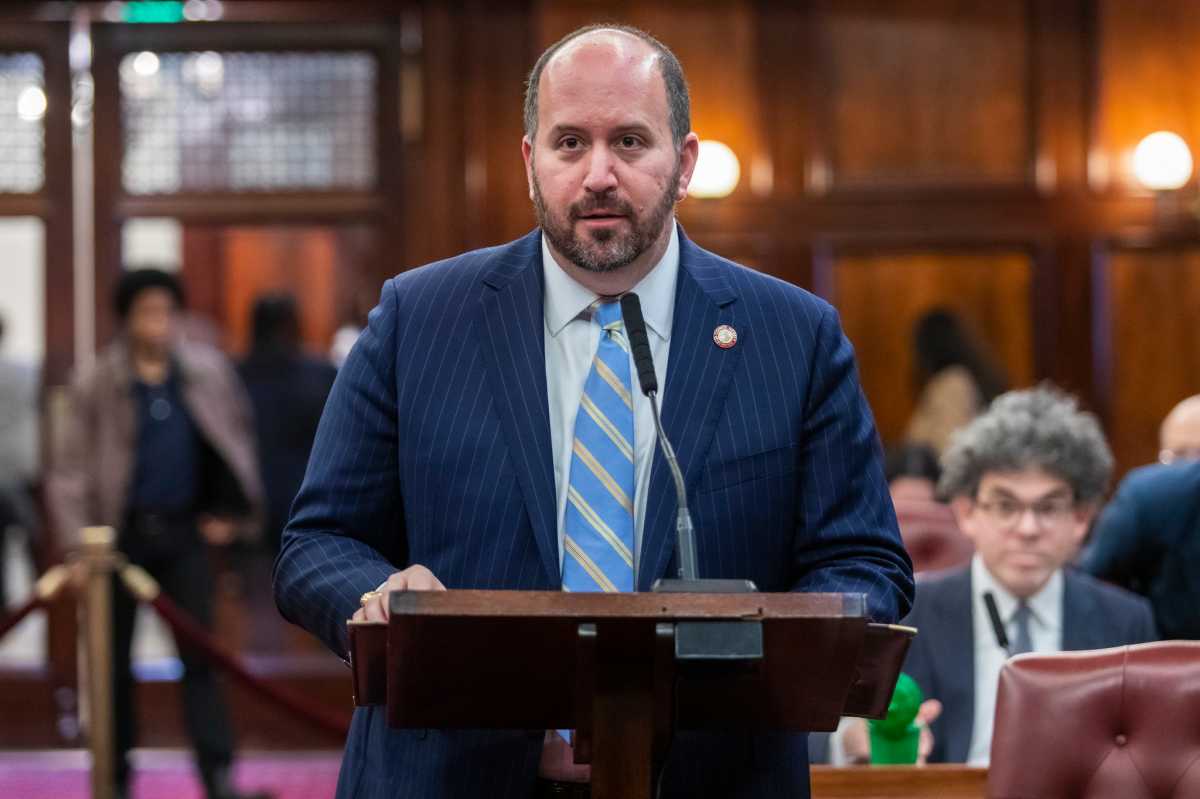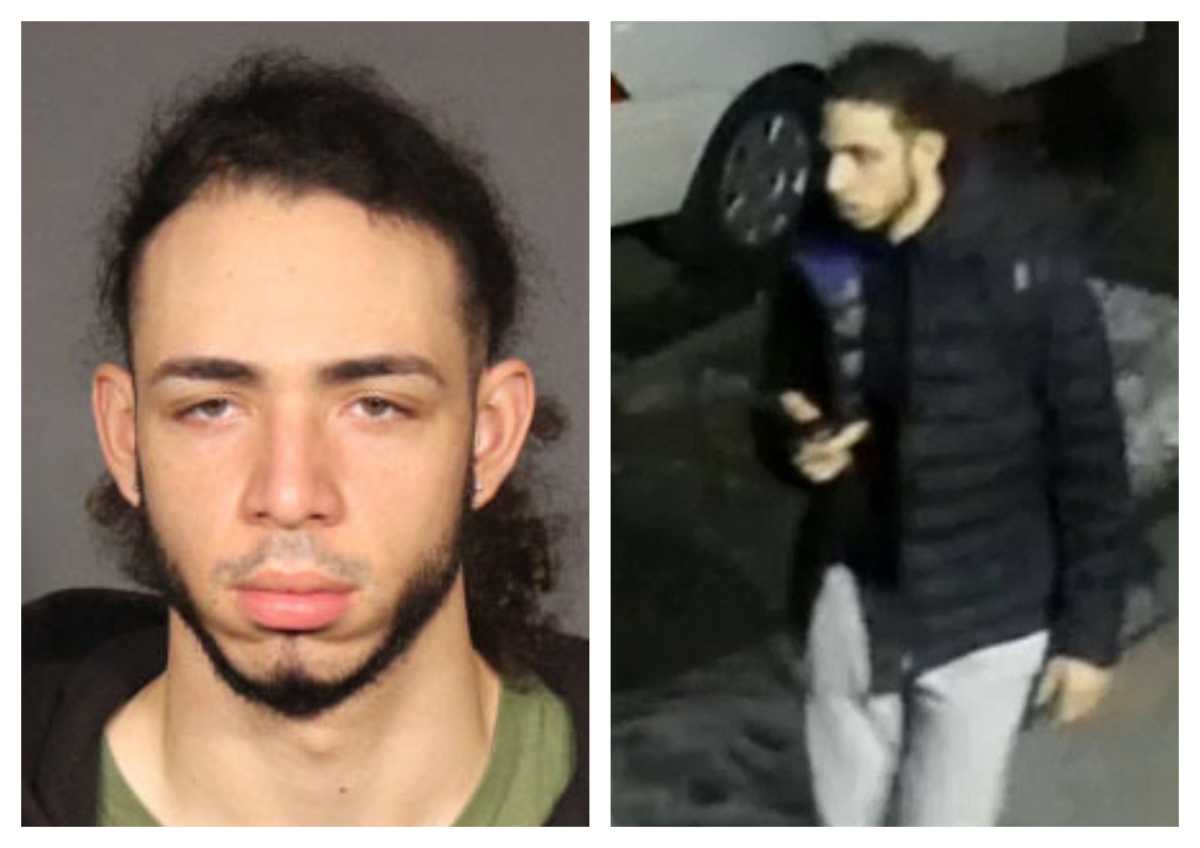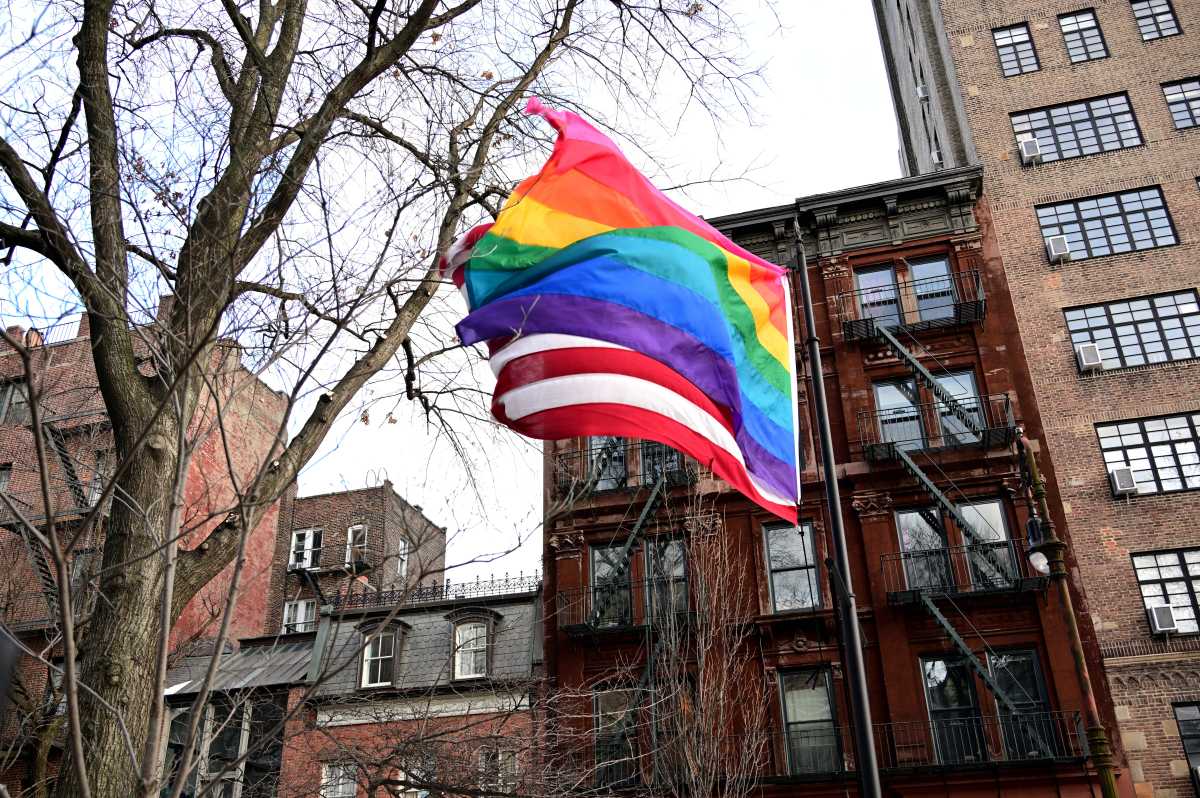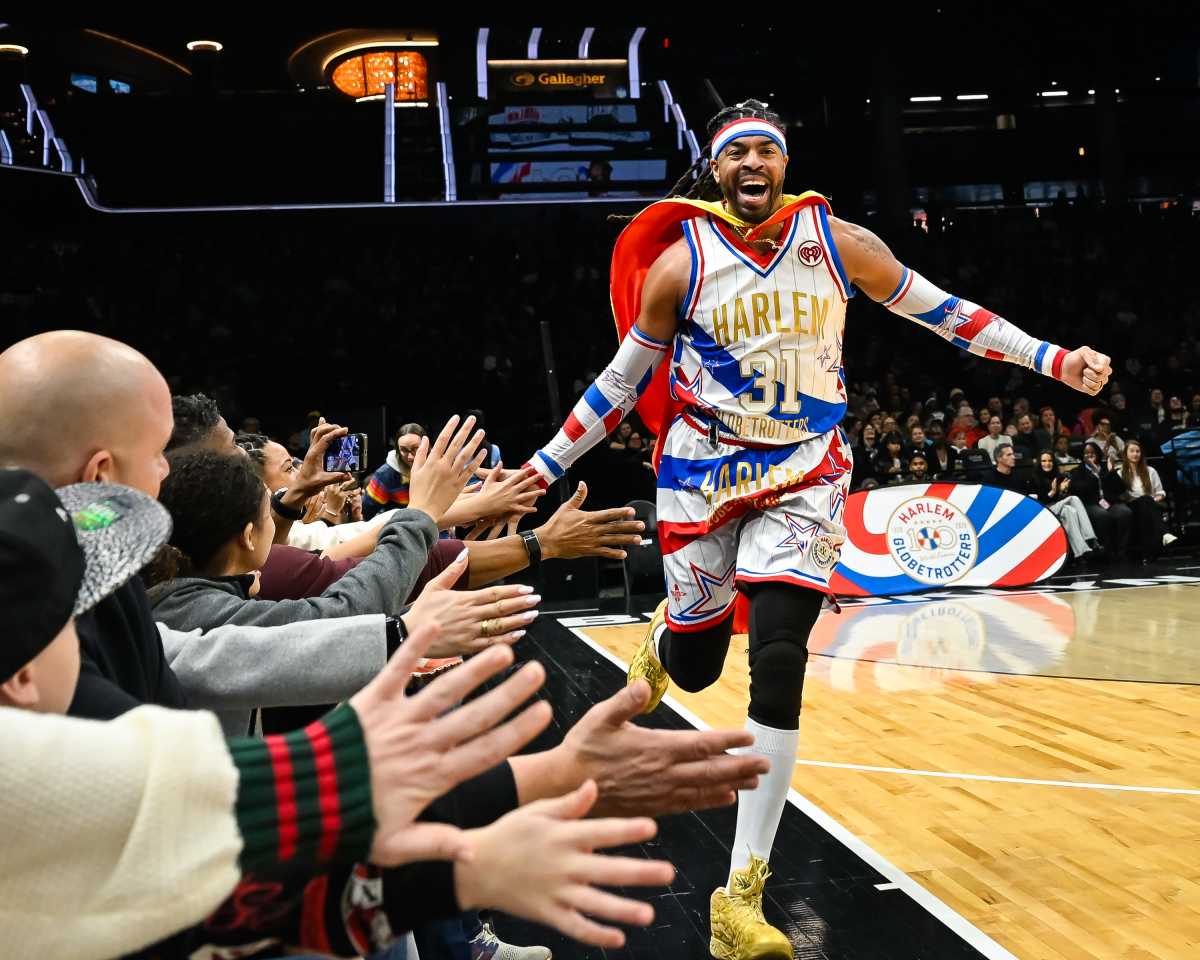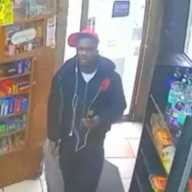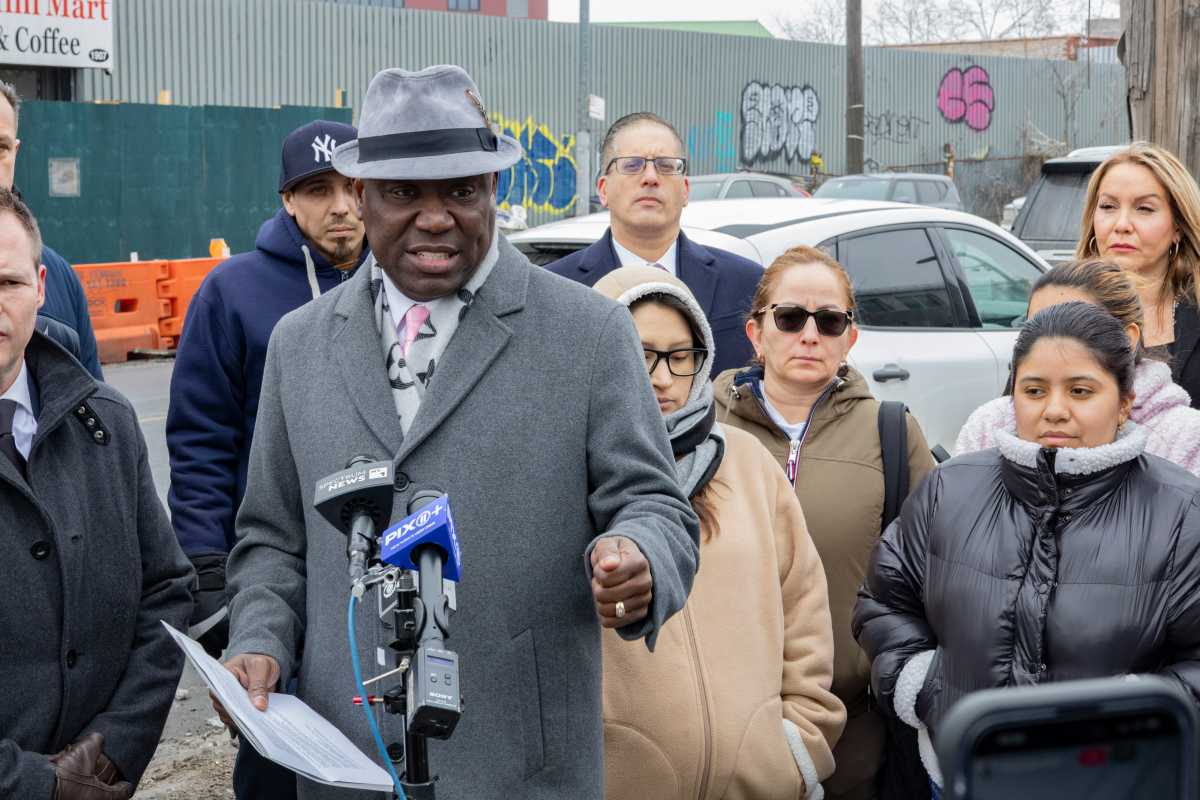City Council members want to come down “uber-hard” on taxi app operations by tightening rules for surge pricing and moonlighting drivers.
Uber’s surgepricing policy has become a hallmark of its operations, but a target of criticism when riders during snow storms or other periods of heavy demand saw fares skyrocket. Its app rival Lyft also has its “Prime Time” system that increases prices when there are too few drivers.
A bill from Councilman David Greenfield would cap surge pricing at double the amount of a regular fare; he said Uber surge prices have gone up to 900% of a fare.
“Allowing price gouging is not exactly the American way,” Greenfield, the bill sponsor.
Uber had agreed to ditch inflated fares during emergencies and natural disasters in a deal with t New York Attorney General Eric Schneiderman, A company spokeswoman said Uber complies with state law on pricing rides.
Greenfield said that he has gotten complaints about livery drivers jacking up prices — his bill would cover them, too — but “of course, Uber is the worst offender.”
“Uber actually has a system where they’re intentionally basing their whole business model on charging you a lot more money than you would normally pay for a ride,” he said.
Meanwhile, the City Council will consider a bill from transportation chair Ydanis Rodriguez restricting moonlighting of drivers.
The bill would prohibiting drivers affiliated with a particular base from picking up fares called into other livery cab bases or app services unless there’s a written agreement between the owners.
“This is something base owners have been doing all along,” said Derrick Warmington, owner of Rose ‘N’ Dale Car Service in Queens, at a City Hall news conference Tuesday. “Normally, if I get a call, and I’m unable to take the passenger, I just call over to my neighboring base and say, ‘Look, do you have a car available?'”
The traditional livery car industry backs the bill. The Taxi and Limousine Commission had considered a similar rule, but pulled it when “we saw no reason to restrict the drivers’ potential opportunities” as independent contractors, the agency’s spokesman Allan Fromberg said. That was a short-term victory to the app services that criticized the rule as limiting drivers’ ability to earn more money and stifling competition. Uber and Lyft declined to comment on the council bill.
Avik Kabessa, owner of Carmel cars and a founder of the Livery Roundtable group, said he would like to partner with app companies, despite that his industry has butted heads with them.
“It is within my best interest to enter into as many agreements as possible,” Kabessa said.
